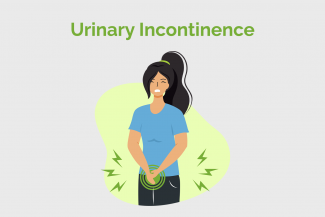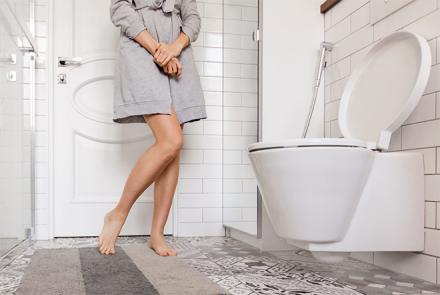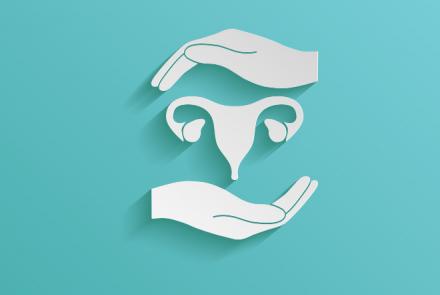
Treatment of urinary incontinence depends on the type, its severity and the underlying cause. A combination of treatments may be needed to treat urinary incontinence. The doctor may suggest some of the following:
Medications
Anticholinergics: Oxybutynin (Ditropan XL), Tolteridone (Detrol), Darifenacin (Enablex), Fesoterodine (Toviaz), Solifenacin (Vesicare), Trospium (Sanctura). These medications can calm an over-active bladder and may be helpful for urge incontinence.
Mirabegron (Myrbetriq): It relaxes the bladder muscle and increases the amount you are able to urinate at one time, which helps to empty your bladder more completely. Used to treat urge incontinence.
Alpha blockers: Tamsulocsin (Flomax), Alfuzosin (Uroxatral), Silodosin (Rapaflo), Terazosin (Hytrin) and Doxazosin (Cardura).
These medications relax bladder neck muscles in the prostate and make it easier to empty the bladder.
Topical Estrogen: Applying low dose topical oestrogen in the form of vaginal cream may help to improve tone and rejuvenate tissue in the urethra and vaginal areas and reduce some of the symptoms of incontinence.
Surgery
Sling procedures: A pelvic sling is placed around your urethra and the area of thickened muscle where the bladder connects to the urethra. The sling is prepared from your body tissue or synthetic material is used. This sling helps to keep the urethra closed especially when you sneeze or cough etc.
Bladder neck suspension: This involves an abdominal incision under general anaesthesia or spinal anaesthesia. It provides support to your urethra and bladder neck.
Artificial urinary sphincter: This is particularly helpful for men whose incontinence is associated with treatment of prostate cancer or an enlarged prostate gland.














